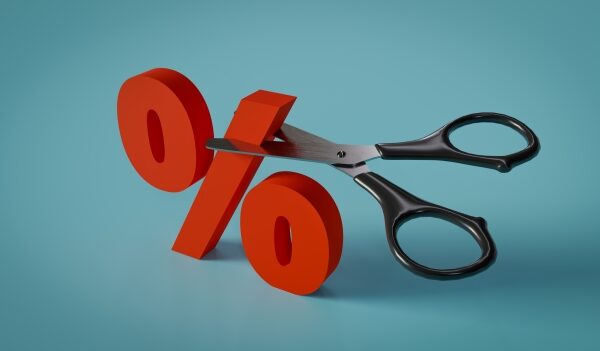
Many corporates are deciding whether to restart share repurchase plans suspended in 2020.
After the pandemic hit, the volume of share repurchases plummeted and what continued was mainly executed by companies managing the top-20 programs in terms of volume, Societe Generale bankers told assistant treasurers at a recent NeuGroup meeting sponsored by the bank.
- Dividend payouts, meanwhile, stayed relatively steady and were only cut or canceled as a last resort, Societe Generale said (see chart).
- An increasing number of companies have restarted their buyback programs and more are expected to follow suit through the rest of 2021. As of mid-May, S&P 500 companies had repurchased $156 billion in the first quarter, with 90% of the data reported, according to S&P.
- But not everyone is rushing in headfirst. One AT said companies can grow overly accustomed to buybacks’ accretion to EPS, and that perhaps a silver lining of the pandemic has been the necessity to go “cold turkey” on repurchasing shares. “We’ve got to reset and be more strategic about it.”
Bigger picture. NeuGroup’s Scott Flieger said many companies have higher-than-normal cash positions as the result of 2020 debt transactions. Now, these companies are looking at their capital structures and deciding whether capital should be allocated to share repurchases and/or debt reduction.
- One member said it’s difficult to announce buybacks when projects requiring capital remain on hold. “So now it’s just trying to weigh the whole framework and make sure everybody’s in line and being more balanced,” the member said.
- “That’s where we are as well,” said a peer. “It’s a pure capital allocation discussion right now. Share buybacks, dividends, investing in the business—where is the greater return?”
Timing a restart. One member’s company, usually a year-round cash cow, saw customer access to its products and services limited by the Covid outbreak, prompting it to halt its otherwise reliable share repurchase program out of an abundance of caution. It is considering resuming buybacks, within the narrow windows between its significant blackout periods around quarterly earnings.
- By contrast, a peer’s company is highly cyclical and historically has only used residual cash for share repurchases. But because its industry was deemed essential and cash was rapidly building, it resumed its repurchase program last fall.
More grids. A Societe Generale banker said grids have always been used with structured plans under Rule 10b5-1, and now the bank is seeing increased use of grids by companies purchasing shares in the open market, under rule 10b-18.
- A member said her company maintained its repurchase program throughout the pandemic, given its subscription model predictably generates cash and the need to offset any incremental dilution to shareholders.
- “We stayed in the market but adjusted our grids so they would be very opportunistic and wouldn’t trigger unless we were trading below what we believed to be fair value,” the AT said. “We managed to take advantage of some big dips, especially in March and April.”
- “To your point,” said the banker, “there’s a lot more use of grids to manage [repurchases] more opportunistically and a bit more aggressively—an interesting development.”
Listening to the lawyers. Some corporate legal departments may frown on opportunistic repurchases, and one member said theirs requires lengthy six-month plans and that shares be purchased almost evenly, despite price movements.
- A peer noted that a nudge from external counsel helped change the perspective of their company’s legal department and increase its flexibility regarding blackout periods for share repurchases and debt issuance. “They just needed that affirmation from legal counsel that was less conservative,” the member said.
- Mr. Flieger recalled a member of the large-cap treasurer peer group whose company’s blackout period was significantly longer than peers’. “We connected their internal legal department to outside counsel that issues opinions, and they ended up shortening their blackout period,” Mr. Flieger said.



